Public records offer all kinds of valuable information. One of the most important are sex offender records to help uncover sexual predators and keep individuals safe from potential harm. Read on to learn all about sex offender records, registries, and how sex offender databases can help build the foundation for a new level of safety and trust.
What are Sex Offender Records?
Sex offender records show information about an individual who has been charged and convicted of sexual crimes. These sex crimes could include rape, sexual assault/sexual battery, sodomy, child pornography, sexual abuse of a child, solicitation, or indecent exposure.
Upon conviction, these sexual offenders are subject to complete sex offender registration based on the registration laws in the jurisdictions in which they live, work, attend school, and were convicted.
Depending on jurisdiction, sex offender registration could include:
- an offender’s name, aliases, and phone numbers
- residence, work, and school addresses
- the jurisdiction in which the person was convicted
- palm prints and fingerprints
- a current photograph
- a copy of a driver’s license, license plate number, and description of all vehicles owned, including boats and aircraft
- the person’s social security number and date of birth
- the person’s email address
Accessing Sex Offender Registries
Sex offender registries are typically made available to the public and law enforcement for community safety. In fact, all 50 states and Washington D.C. offer public sex offender registries.
National Sex Offender Registry
For basic sex offender searches, you can visit the National Sex Offender Public Website run by the Department of Justice (NSOPW). It gives you the option to search sex offender registries across all 50 states, Washington D.C., U.S. Territories, and Indian Country.
Using this website, you can search for sexual predators by name or by location, including a sexual offender map, which will pull addresses for all known sex offenders in a certain radius of an address. However, it does have its limitations, particularly if you’re researching sex offenders at scale as you’ll have to search each individual one-by-one on this site.
It’s also worth noting that each jurisdiction in the United States has its own laws to determine which information is publicly available on sex offenders. This means the data you find in one county may vary from another one.
Tessera Sex Offender Data
While sex offender information can be found online at a jurisdiction’s website or on the National Sex Offender Registry, you may be wondering why you would go through a provider like Tessera Data. There are a few key reasons.
- Pinpointing the individual you’re looking for can be extremely challenging on the National Sex Offender Public Website, as you can only search by name and zip code.
- Using the National Sex Offender Database, you’ll have to research each individual separately, which can be time consuming if you are doing these background searches regularly.
- Finding the most up-to-date sex offender data is hard. Between sex offender databases not being updated regularly and the many disparate sex offender registries to search, you can save time and find the records you need by working with a sex offender data provider like Tessera.
Typical Use Cases for Sex Offender Data
Sex offenders generally are required to self-register and notify police when moving to a new location or registering for school. However, there are a number of reasons you would want to research sex offenders more thoroughly, including the fact that they may not have registered as the law requires.
One of the most common examples of sex offender data usage is in pre-employment background screenings, but there are endless other ways sex offender data can be used to build safer communities. Here are some of the core use cases.
1. Pre-employment Background Screenings
Companies typically run background checks through consumer reporting agencies that will want to ensure job candidates are not registered sex offenders. This is just one of the many data sets that is generally searched to help establish safe workplaces.
2. Visitor Management
Protecting vulnerable populations is important. That’s why many places, such as hospitals, schools, and daycares, may have visitor management systems in place to help. These systems typically recommend records of sex offenders to be included in their visitor screening.
Find out more ways visitor management systems can use people data to create a safer environment.
3. Online Dating
There are now hundreds of ways to meet people online, but being able to vet people you met online and ensure they’re not a registered sex offender is important, particularly for online dating.
Check out more ways people data can increase safety in online dating.
4. Online Marketplaces
Considering buying something online and negotiating price and where to meet the buyer or seller? Being able to know ahead of time if that person is a sexual predator could keep consumers safe.
5. Rideshares
While drivers are often screened, passengers are not. There are countless reports of drivers being assaulted by passengers. Wouldn’t it be great if driver’s knew if they were picking up a registered sex offender?
6. House Shares
Full background checks are often run for long-term tenants, but what about someone who has rented a room or your house on a short-term rental website? Sex offender registries should be considered here, too.
7. Service Providers
Part of daily life is hiring out services you can’t do yourself. This could be an electrician, plumber, mover, etc. Before allowing someone you don’t know to enter your house, particularly if you are alone, you should know if that person is a sexual predator based on sex offender registries.
8. Service Hires
If you’re hired to walk a dog or babysit for a child of an unknown family, how do you know what kind of situation you are walking into? Knowing if the house you’re entering has a registered sex offender living there could keep you safe.
Get Started with Tessera for Sex Offender Data
With free access to public sex offender registries available, you may wonder why organizations trust Tessera to find this public record data. The reason is simple. Tessera offers one of the best sex offender searches, with broad coverage and regularly updated data sources.
Broad Coverage
Sex offender records can be difficult to manage. They come from hundreds of sources and sex offender registries, which can be unruly to manage on your own.
At Tessera, we have built out the ability to search national sex offender registries that offer more search capabilities than the National Sex Offender Public Website. Search in batches. Leverage filters. Try real-time or instant search options depending on your use case.
Regularly Updated Data Sources
Things change quickly in the criminal justice world. That’s why Tessera focuses on keeping our data fresh with regular updates and daily data quality tests.
Contact us to gain access to sex offender data that can help you keep your workplace and community safe.




